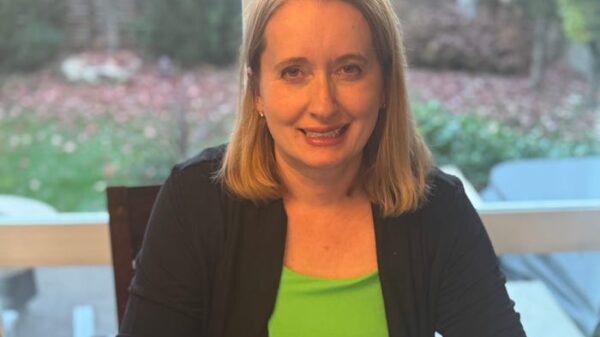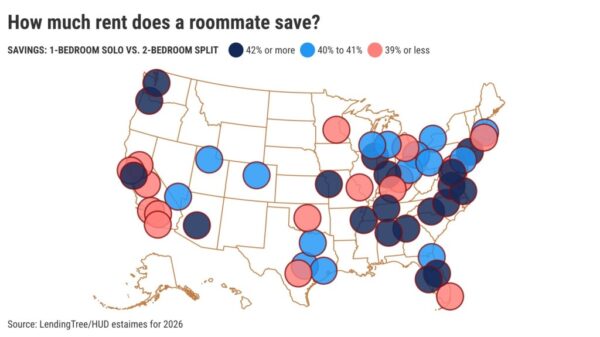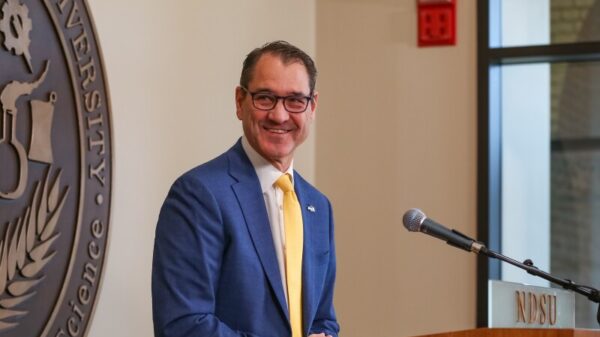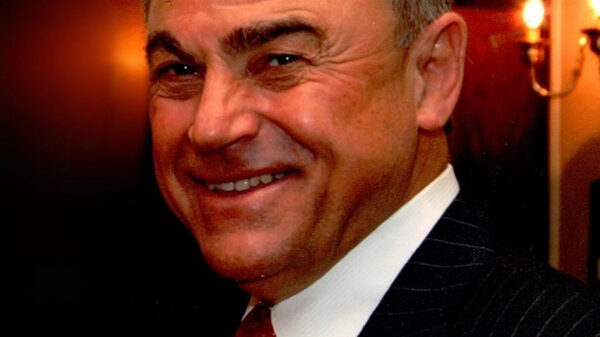The highly anticipated announcements of the Nobel Prize winners will take place next week, recognizing exceptional contributions to humanity across various fields including medicine, physics, chemistry, literature, economics, and peace. The winners will join the esteemed ranks of past laureates, such as Albert Einstein and Mother Teresa.
The Nobel Peace Prize, in particular, has seen notable nominations in recent years. Donald Trump, the former President of the United States, has been nominated multiple times since 2018 by various individuals both in the U.S. and abroad. His nomination was notably supported by a Republican congresswoman in December, highlighting his role in brokering the Abraham Accords, which normalized relations between Israel and several Arab nations.
History and Structure of the Nobel Prizes
The Nobel Prizes were established by Alfred Nobel, a 19th-century Swedish inventor and businessman who held over 300 patents. He is best known for inventing dynamite, a breakthrough that brought him immense wealth. In the latter part of his life, Nobel dedicated his fortune to fund annual prizes intended to reward those who have made significant contributions to the betterment of humanity. The first awards were distributed in 1901, shortly after his death.
In 1968, a sixth prize for economics was introduced by Sweden’s central bank. While some purists argue that the economics prize is not a true Nobel Prize, it is presented alongside the others during the annual ceremonies.
Nominations for the prizes remain confidential, as the respective committees are prohibited from discussing their deliberations for a period of 50 years. Only those making nominations may choose to disclose their recommendations. Notably, individuals cannot nominate themselves, though they may be nominated multiple times by others, including members of the prize panels.
The Announcement Schedule and Prize Details
The various Nobel committees operate with slight variations in their nomination and selection processes, but they all aim to fulfill Nobel’s vision of honoring those who have benefited humanity. The Nobel Peace Prize committee uniquely recognizes achievements made during the preceding year, and it is the only prize awarded in Oslo, Norway. In contrast, the science prizes, presented in Stockholm, often require decades of validation before a winner is recognized.
The announcements will kick off on Monday, October 9, 2025, with the Nobel Prize in Medicine, followed by physics on October 10, chemistry on October 11, and literature on October 12. The Nobel Peace Prize will be revealed on October 13, and the Nobel Memorial Prize in Economic Sciences will conclude the announcements on the same day. The awards ceremony will take place on December 10, coinciding with the anniversary of Nobel’s death.
Each Nobel Prize carries a financial award of 11 million Swedish kronor, equivalent to nearly $1.2 million. Winners also receive an 18-carat gold medal and a diploma, with up to three laureates allowed to share the prize money.
For further information and updates, visit the official Nobel Prize coverage provided by AP.







































































